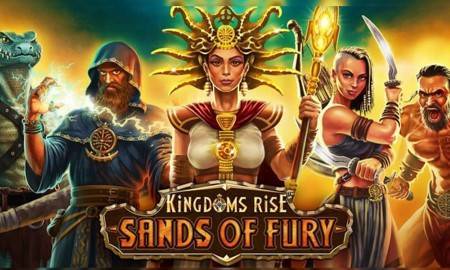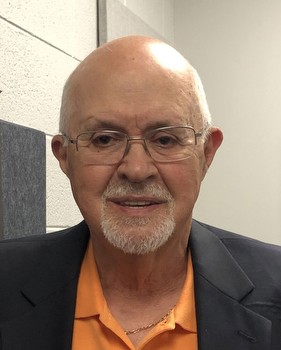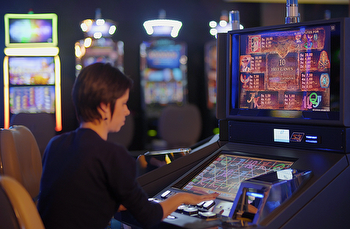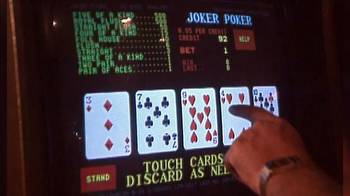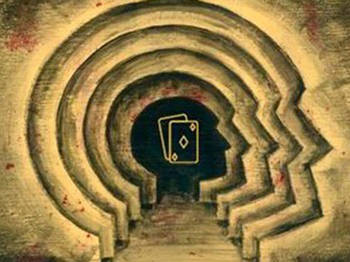Is online gambling harming you?

Online gambling — all those websites and apps that offer casino games, sports betting, poker, fantasy sports, and lotteries — can be exciting and entertaining. It's an estimated $9.5 billion per year business, and growing. But for millions of Americans, what starts as occasional fun can lead to devastating gambling-related problems.
"You can experience harm from gambling, including addiction, just like you can with alcohol or other drugs," says Debi LaPlante, director of the Division on Addiction at Harvard-affiliated Cambridge Health Alliance.
Who is being harmed?
In fact, the American Psychiatric Association's classification of mental health disorders places gambling disorder in the section defining substance-related and addictive disorders, along with problems like opioid use disorder and alcohol use disorder.
In the US, about 1% of adults (two million) are estimated to have a severe gambling problem, and 2% to 3% (four to six million) are thought have a mild or moderate problem.
How can you recognize a possible gambling problem?
The Brief Biosocial Gambling Screen from the Cambridge Health Alliance's Division on Addiction tests for gambling disorder risk by asking three questions:
- During the past 12 months, have you become restless, irritable, or anxious when trying to stop and/or cut down on gambling?
- During the past 12 months, have you tried to keep your family or friends from knowing how much you gambled?
- During the past 12 months, did you have such financial trouble due to gambling that you had to get help with living expenses from family, friends, or welfare?
"If you answer yes to any of these questions, you should evaluate your gambling and how it fits into your life, and seek out further assessment," says LaPlante.
How do you know if you're engaging in harmless or harmful gambling?
A gambling addiction often occurs gradually. The line between harmless and harmful is often blurred, so people don't always recognize they have a problem until it becomes severe. Here is what is considered the threshold of low-risk gambling:
- You gamble no more than 1% of household income.
- You gamble no more than four days per month.
- You don't gamble at more than two types of games.
What does gambling disorder share with other forms of addiction?
Gambling disorder shares certain risk factors with other types of addiction:
- genetics
- faulty thought patterns
- impulse control disorders
- availability in one's community
- poverty.
Like other types of addiction, gambling-related problems can lead to disrupted romantic, social, and work relationships. Feelings of withdrawal when someone tries to cut back are similar, too.
Does online gambling affect the brain?
Gambling games can affect people at the neurobiological level. Many games have features that trick the brain into thinking a loss is actually a win. For example, a slot machine displays celebratory music, sounds, and lights for a $3 return on a $5 bet.
"Research has found that our sympathetic nervous system responds to losses celebrated as wins the same way it responds to actual wins," says LaPlante. "This is a powerful reinforcer, and just one example of games affecting brains."
How can you find help for problem gambling?
Finding help for gambling can be challenging because, unlike for other types of addiction, the number of professionals who treat gambling addiction is limited, according to LaPlante. "Also, because of shame and stigma, people are less likely to acknowledge that gambling can become a problem," she says.
Still, resources such as Gamblers Anonymous, local and national crisis helplines like 1-800-GAMBLER, self-help books such as Your First Step to Change, and local departments of public health are available to connect people to help.
Addiction treatment is not an exact science, and success varies from person to person. Some treatments have shown promise for gambling disorders, such as cognitive behavioral therapy (CBT) and motivational interviewing.
With CBT, people work with a therapist to help identify faulty thoughts and behaviors, such as the feeling one is "due to win" after a string of losses, and then learn tools to reframe those harmful thought patterns and respond to them more appropriately. During motivational interviewing, a person works with a counselor to enhance their motivation to change by together examining their ambivalence about change.
"If the gambling addiction is a symptom of another mental or physical health problem, addressing those issues is essential," says LaPlante.
What does recovery from a gambling problem look like?
Different people have different ideas about what it means to be recovered from gambling addiction. For some, this means completely cutting gambling out of their life; for others, it means cutting back.
"Ideally, the treatment experience will include plans to prevent lapses that take people away from maintaining their own goals," says LaPlante.







